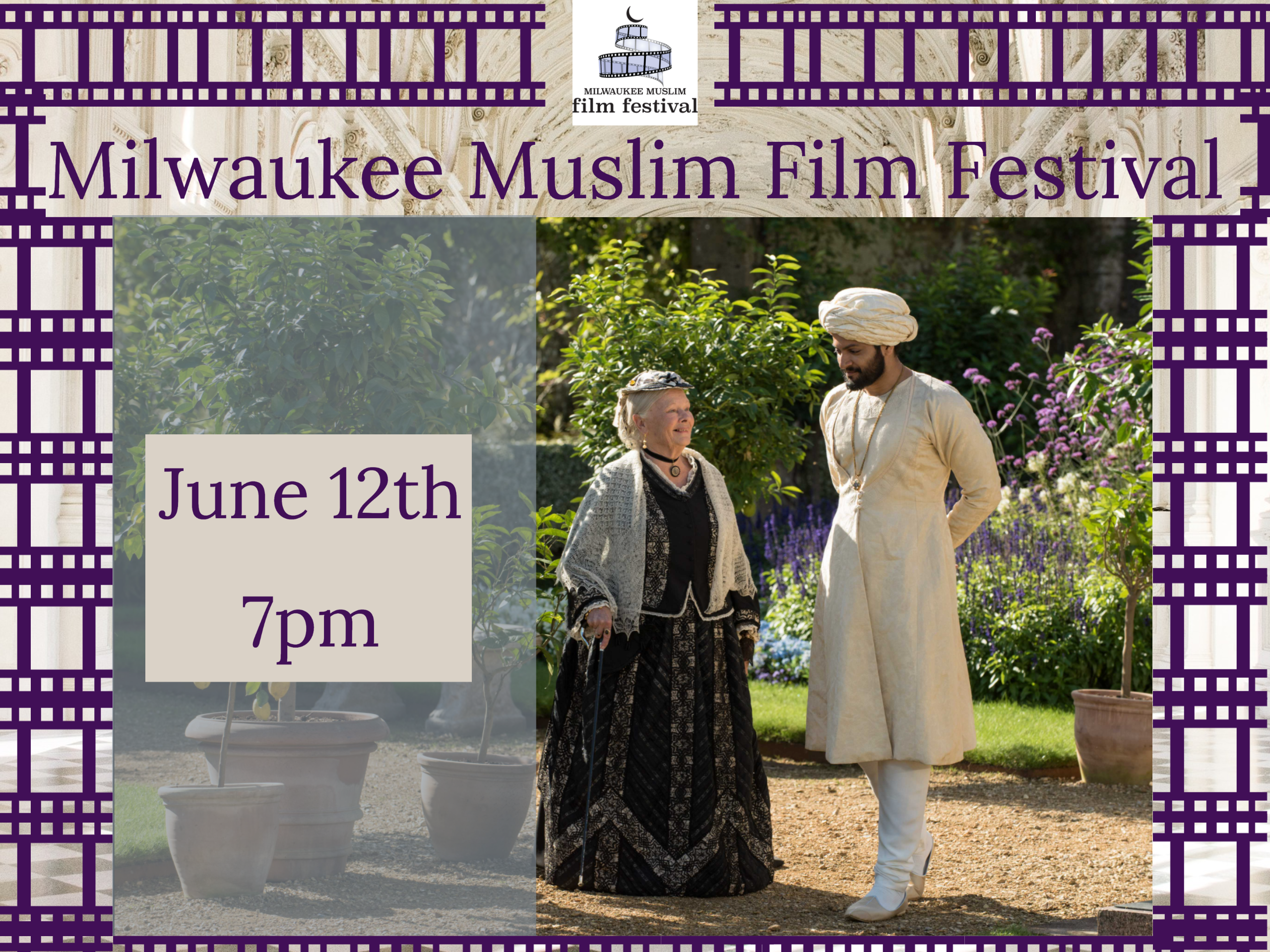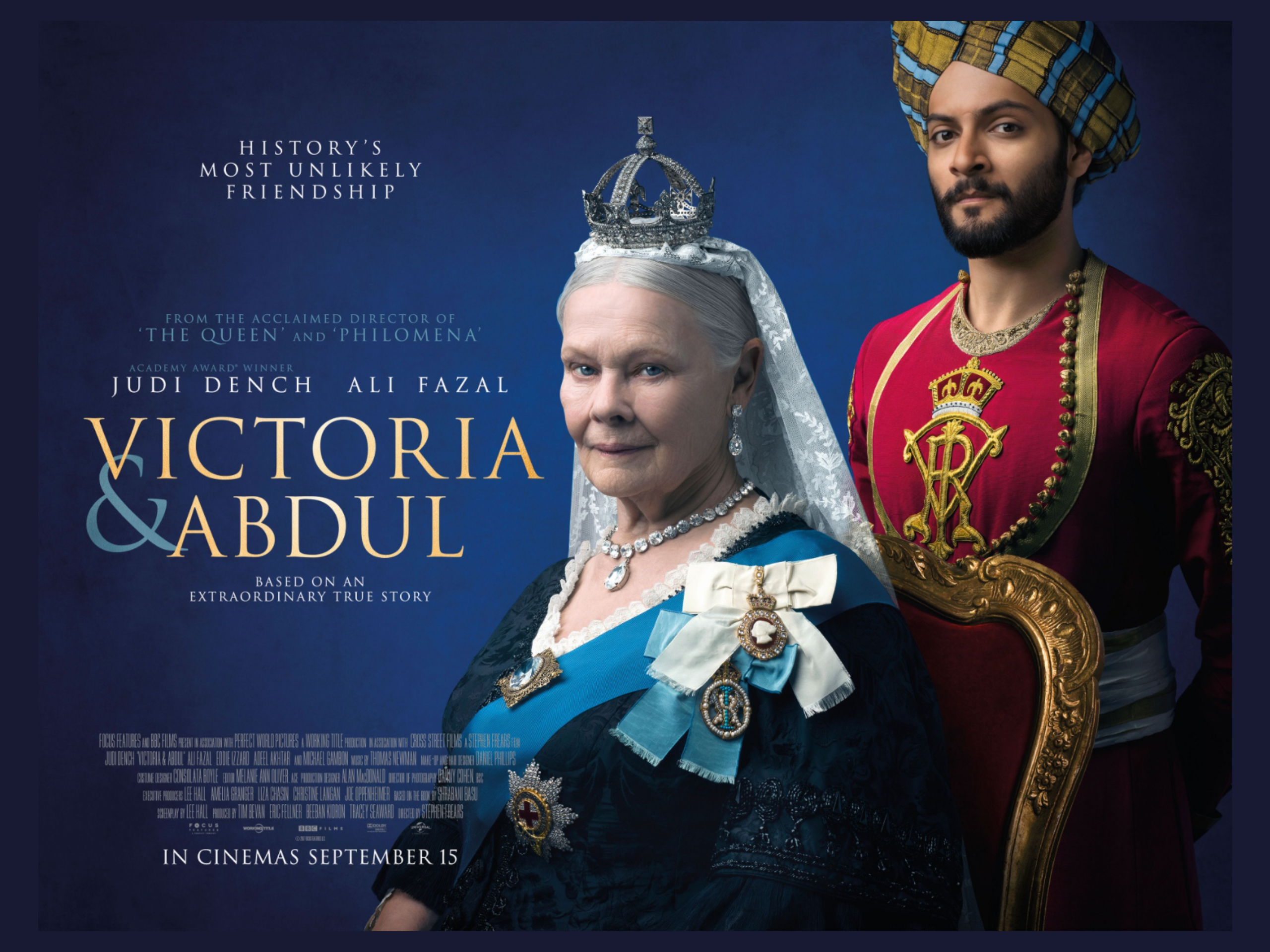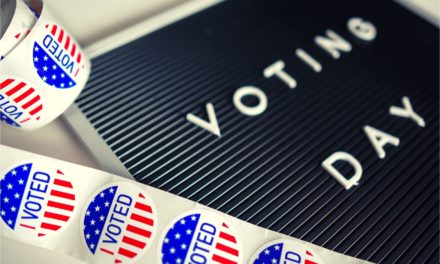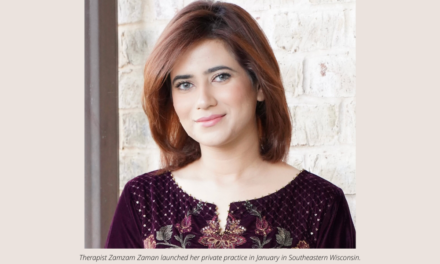If you remember the controversy about the 2019 Academy Award’s best picture winner Green Book, watching the Milwaukee Muslim Film Festival’s feature this Saturday, Victoria & Abdul, may feel familiar.
When I saw Green Book, a road movie whose characters traveled to the Jim Crow South in 1962, I wanted to enjoy the heartwarming story of an interracial male friendship overcoming barriers but accounts of historical inaccuracies and “whitewashing” of the cruelties and discrimination cast a shadow over the story of love and acceptance. A review in Indiewire labeled the main Black character as “a Magical Negro, whose sole purpose in the film was to change a white man for the better.”
Victoria & Abdul, a 2017 BBC film set in Victorian England at the height of the British Empire, tells the true story of the friendship between Queen Victoria, played by Dame Judi Dench, and her Indian servant, Abdul Karim, played by Ali Fazal, that began when he kissed her feet while waiting on her at the 1887 Golden Jubilee. Victoria’s husband Albert had died years before, as well as her trusted Scottish servant John Brown. Abdul fills the void and, in the process, is quickly promoted from servant to teacher to close confident and friend, and is even called “son.”
The film is based on Indian journalist and historian Shrabani Basu’s 2010 book, The True Story of the Queen’s Closest Confidant, an account she wrote after a thorough investigation of journals, diaries, interviews and historical archives. Filmmakers note their film is “mostly true,” chronicling the 14-year relationship between the Queen of England, who was also the Empress of India, and her lowly Indian servant.

Critics say this story is an Orientalist fable in which Queen Victoria and Abdul Karim, across their 44-year age difference and differences of status, culture and religion, forge a friendship that transforms the queen who reclaimed a joy of living and a desire to learn, while Abdul remains a caricature.
Critics and scholars alike note that the moral questions of imperialism and colonization, as well as the cruelties enacted to maintain the British Empire, are downplayed or omitted. Produced during the Brexit debate, some say the film reveals “a nostalgic longing for a supposedly glorious national and imperial past.”
And while the critics are right, the incredible tale shows how this remarkable pair overcame age, gender, class and cultural differences to forge a close friendship. They connected with each other’s humanity, seeing beyond their respective positions.
As basketball legend Kareem Abdul-Jabbar wrote in The Hollywood Reporter, defending Green Book, “Historical movies are never about history. Nor are they meant to be.”
“Green Book interprets the sea of historical events to reveal a truth relevant to today: Resist those who would tell you to know your place,” he wrote.
As in all buddy films, he continued, both men are changed by their interactions with each other.
Likewise, with Victoria & Abdul, if we don’t get caught up in the historical inaccuracies and omissions, as well as real and important concerns about an unjustified glorification of Britain’s imperialistic past, we can appreciate the story of personal connection between two very different people.
Photo by
Britasia TV & Guide Posts














